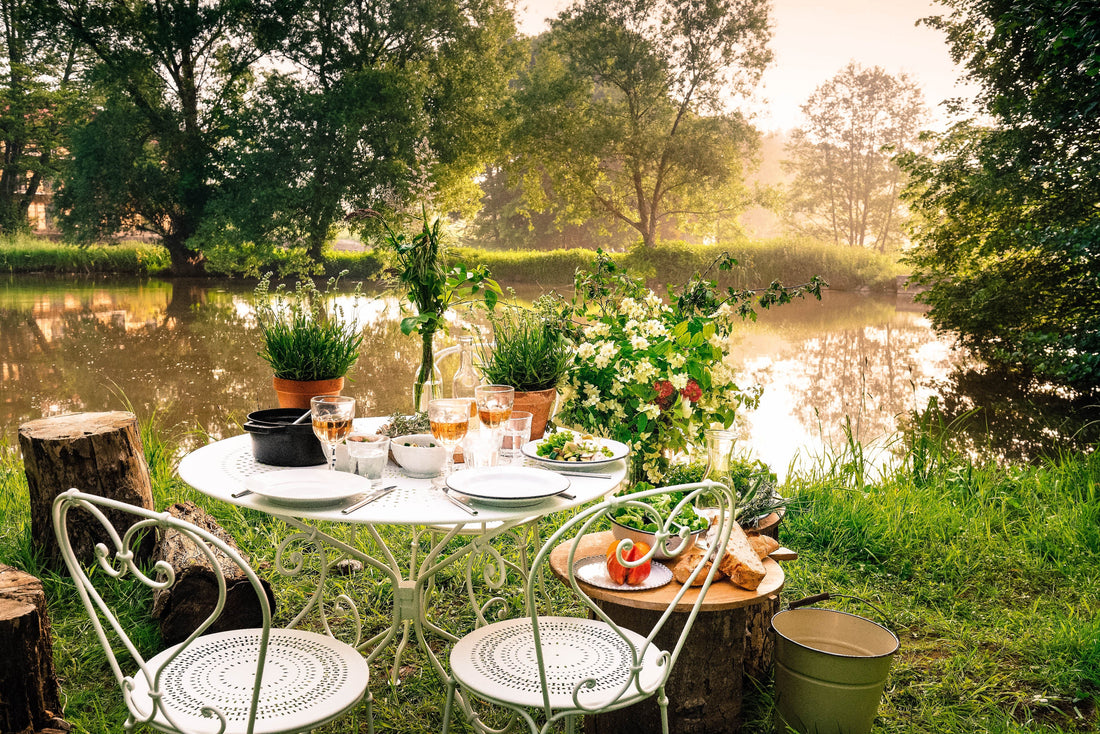
Patience and Craft: Why Sourdough Baking Is a Journey, Not Just a Recipe
In a world where convenience often trumps tradition, there’s something profoundly grounding about baking sourdough. Unlike instant mixes or ready-made loaves, sourdough requires a different kind of dedication—a commitment to the process, to time, and to the craft itself. It’s a practice where patience and skill meet to create not just food, but a small, beautiful work of art.
At its core, sourdough baking is a reminder that some of life’s most fulfilling experiences can’t be rushed. From nurturing a starter to allowing time for fermentation, each step demands attention, care, and a willingness to surrender to the natural rhythms of time. When we bake sourdough, we are partaking in a centuries-old ritual that has nourished countless generations. It’s a journey that connects us to the past, teaches us about the present, and leaves us with something to share in the future.
The Starter: Cultivating Life
The sourdough starter is the heartbeat of every loaf—a living, breathing culture that requires regular feeding, just like a cherished garden or a beloved pet. This humble mixture of flour and water transforms over days and weeks, cultivated by natural yeasts and bacteria that bring each loaf to life. The process of maintaining a starter can feel like a slow dance, one that encourages patience and mindfulness. As we feed it each day, we’re reminded of the beauty of small, consistent actions and the rewards they yield over time.
For many bakers, the starter becomes more than just an ingredient; it’s a connection to something larger than ourselves. It’s a piece of history, passed down and shared, and a symbol of the patience required in sourdough baking.
Fermentation: Embracing the Waiting
Once the dough is mixed, the magic of fermentation begins. During this phase, time and natural processes work together to develop flavors, textures, and a richness that simply cannot be replicated by shortcuts. The dough is left to rise, sometimes for hours, allowing the yeast and bacteria to transform it in ways that only patience can achieve. This period of waiting is where the art of sourdough truly unfolds—a gentle reminder that sometimes, the best things in life come to those who wait.
In today’s fast-paced culture, fermentation feels like an act of rebellion. It’s a quiet stand against the expectation for instant results and a celebration of letting nature take its course. Through the slow rise of sourdough, we learn to appreciate time as a vital ingredient, one that can’t be forced or hurried.
Shaping and Baking: Crafting with Care
The final steps—shaping the dough, scoring its surface, and baking it to golden perfection—require skill and attentiveness. Here, sourdough reveals itself as an art form, where each loaf is unique and carries the marks of the baker’s hands. The scores cut into the dough allow steam to escape, creating beautiful patterns that make each loaf a one-of-a-kind creation.
As the loaf bakes, the kitchen fills with the comforting aroma of bread—a scent that has brought people together for centuries. In that moment, we witness the culmination of patience and craft, a transformation of humble ingredients into something nourishing and meaningful.
A Journey Worth Taking
Sourdough baking is more than a recipe; it’s a journey that invites us to slow down, to appreciate each step, and to create something with care and intention. It’s a reminder that food can be more than sustenance—it can be art, history, and connection. When we take the time to bake sourdough, we’re choosing to honor the beauty of process over product, of patience over immediacy.
In the end, every loaf of sourdough tells a story—not just of flour, water, and salt, but of the hands that made it, the time that shaped it, and the love that brought it into being. Sourdough is a journey, and one that’s well worth taking.
